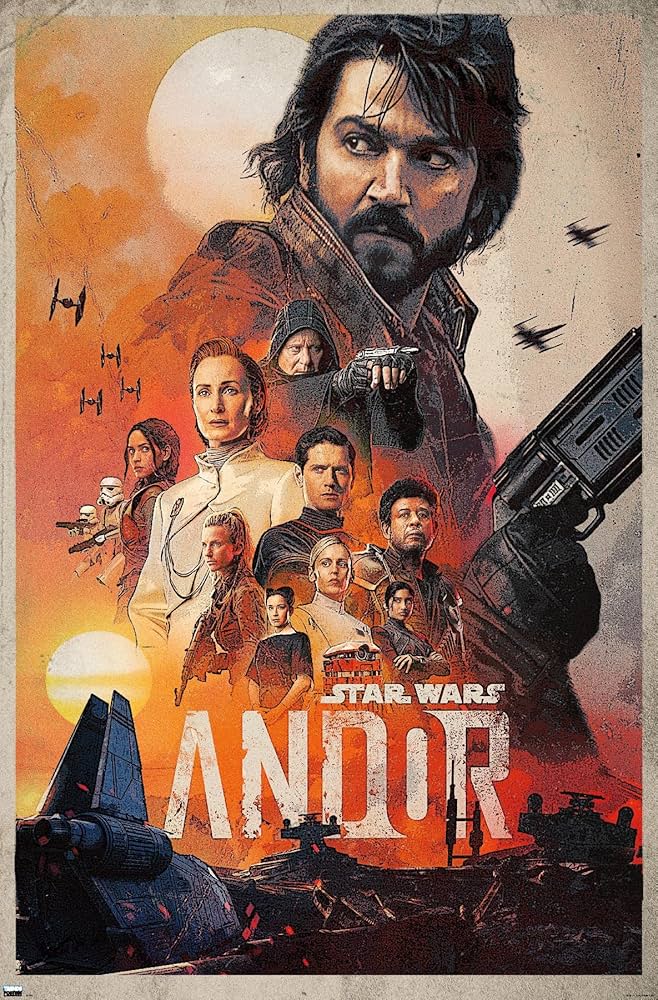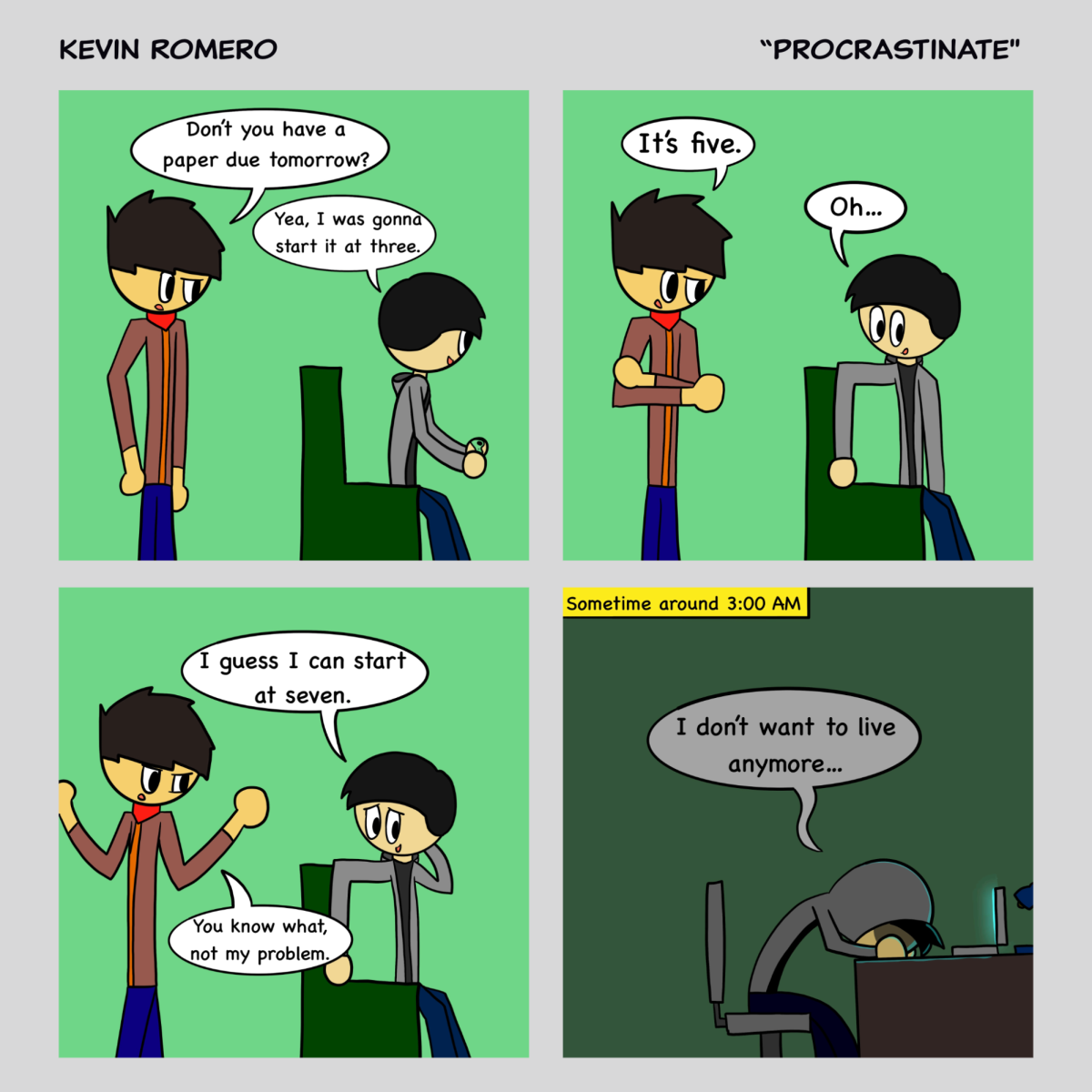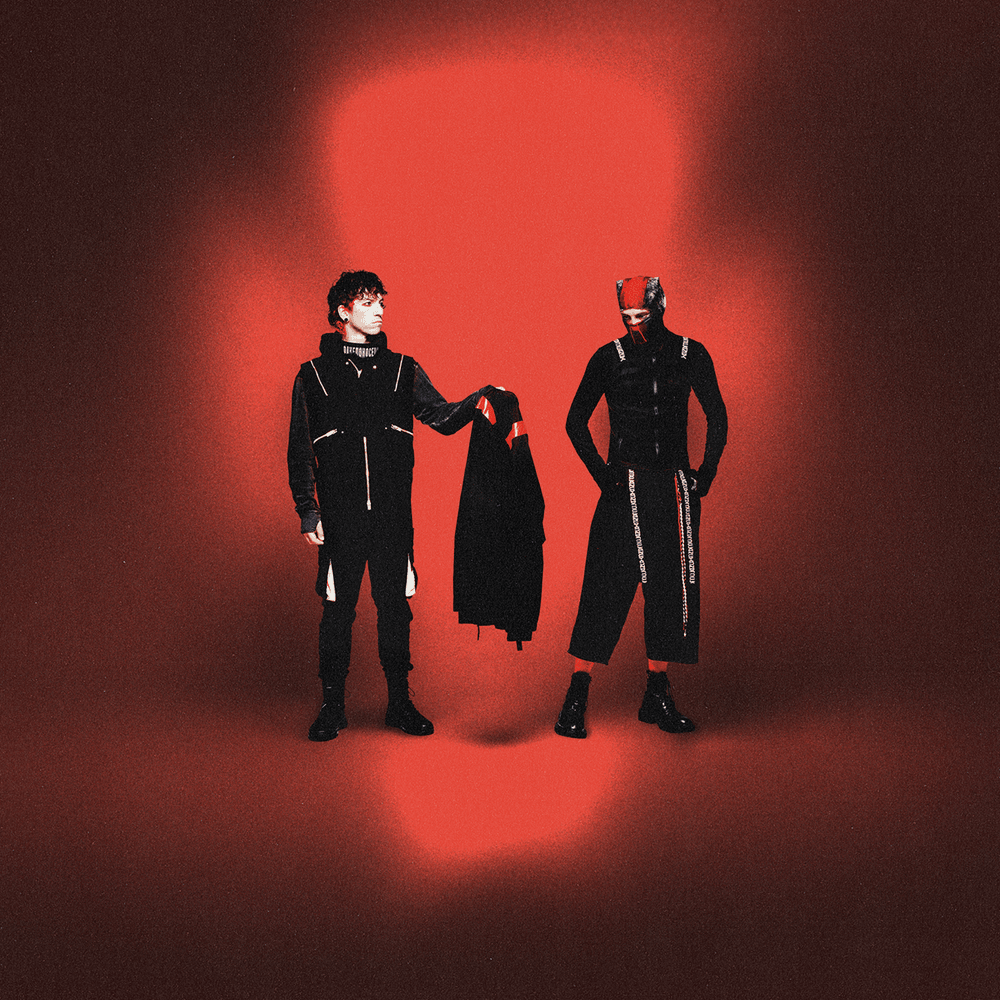Content Warning: Violence and Sexual Assault
Over the summer, I had the pleasure of watching “Andor,” and let me put it simply, it is a “Star Wars” masterpiece. As a “Star Wars” fan myself, I was beginning to give up on the series; I just didn’t like the sequels.
Not only did it mess up my childhood heroes, but it was just redundant.
Even the duels were bad; I fell asleep watching Rey fight Ben Solo. What a fall from grace, a total cinematic abomination.
However, over the summer, I was swayed by the hype surrounding season two of “Andor,” which was released on April 22. Largely, because I had always liked “Rogue One” despite not holding Cassian in high regard, so I gave “Andor” a shot. I’m so glad I did.
Season one of “Andor” tells viewers the story of how Cassian becomes a rebel. It begins with Cassian being attacked by corrupt officers while searching for his long-lost sister, displaying the all-consuming nature of tyranny.
Flashbacks show Cassian’s origins as a young Kenari boy whose people were destroyed by an imperial mining disaster, and his adoption by Maarva. These flashbacks provide context for Cassian’s own trauma and his distrust of authority.
Cassian later participates in a rebel-led payroll heist against the empire for money. While there, Cassian’s “screw you and get mine” thief attitude, which we see earlier in the show, is challenged by an idealist, Nemik, whose free-spirited approach to the world plants seeds of conviction in Cassian.
Simultaneously, on Cassian’s current home planet, Ferrix, everyday people suffer under a gruesome occupation, which brings out defiance and leads to collective punishment. This cycle of violence continues until eventually the people of Ferrix revolt, and the empire responds with genocide.
There is an indescribable buildup of tension in season two that is much faster-paced than the slow storytelling of season one.
Season two also reveals the internal dealings of rebel politicians and how they are eventually forced to play their hand by the ever-more totalitarian empire. All the while, the imperial rank experience diminishing morale as they are ordered to genocide more affluent people they respect more like the Ghormans.
But what makes “Andor” exceptional is how it tells the story of rebellion. There are no Jedi or chosen ones in this show. It is about ordinary people, grappling with an authoritarian government that is gradually becoming totalitarian.
To me, that made “Andor” all the better; it wasn’t a new world that recycled ideas of the original trilogy like the sequel, it was its own original story in the world of “Star Wars” that fans know and love that patched up plot holes and had the kinds of “Star Wars” themes we all know and love.
Now, it might seem like these themes are just compelling ideas for a fantastic show, but they are very real things happening in the world all around us. “Andor” resonates because it reflects real-world patterns where tyrants smother liberty everywhere.
The way the empire twists the truth about Ferrix and Ghorman shows how authoritarians use propaganda to dull people’s will to respond, reminiscent of the “flooding the zone” strategy.
The usage of massive labor camps and the employment of torture demonstrates how authoritarians use mass incarceration to oppress “undesirables” in their society, reminiscent of China’s treatment of the Uighurs.
The empire’s reliance on collective punishment, genocide, and terror shows how authoritarians use fear to keep liberty at bay.
Finally, the massive surveillance state the empire employs, being able to listen into coms, spy on almost everyone, and infiltrate rebel missions, exemplifies how authoritarians use domestic surveillance to keep an eye on their citizenry.
An imperial officer using Bix’s status as an illegal as leverage to force her to have sex with him, and after her refusal, attempting to rape her, shows a very real situation that could occur when people in authority are given little oversight or checks on power. This is commonplace in authoritarian societies where checks on power are removed, allowing the dictator and their allies to exert more control.
With all that, “Andor” is worth the watch, earning a solid 4.8/5. Its masterful storytelling, political themes, extremely high stakes, character-driven arcs, and unique display of how authoritarianism affects the lives of everyday people make it a masterpiece.








